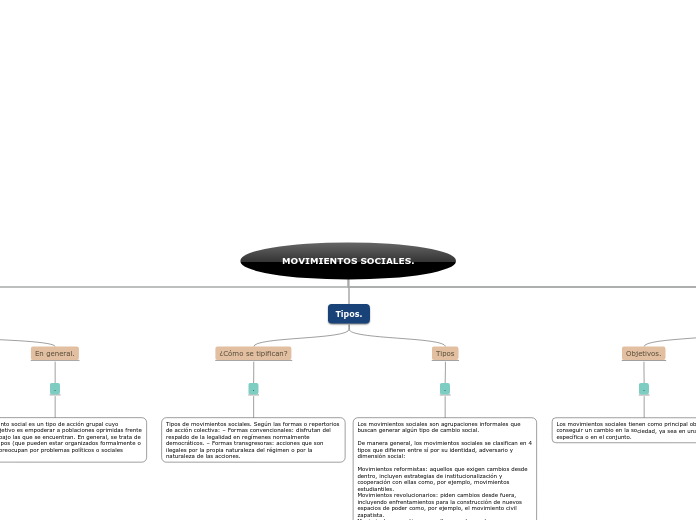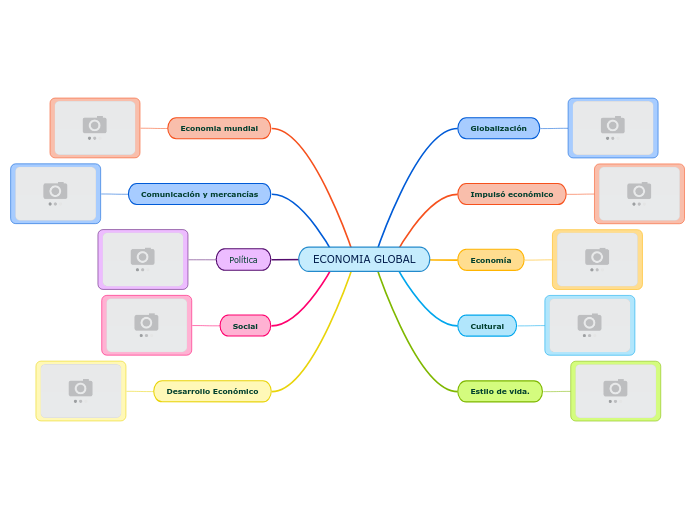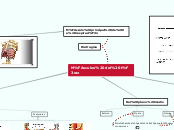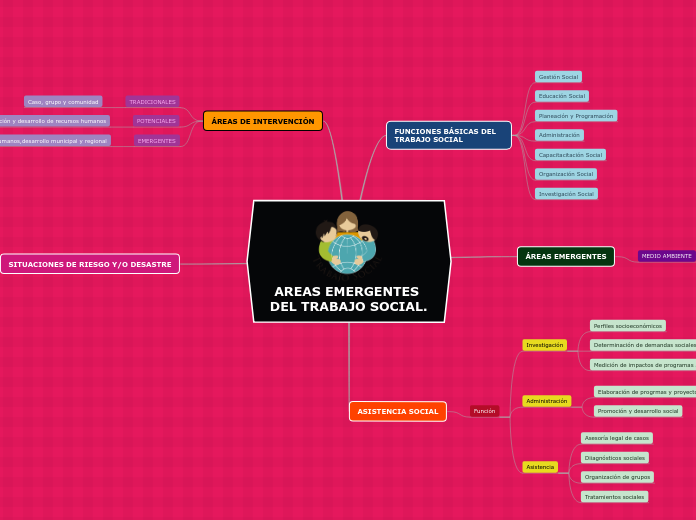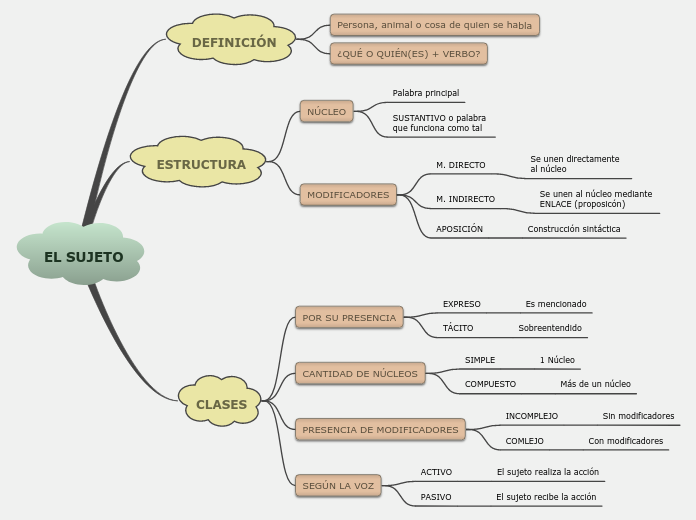MOVIMIENTOS SOCIALES.
Type in the name of the multiple-perspectives text.
Example: Bridge to Terabithia by Katherine Paterson
Fuentes consultadas.
Significado de Movimientos sociales (Qué son, Concepto y Definición) - Significados
Movimiento social - Wikipedia, la enciclopedia libre
Movimiento social: concepto, características, tipos, ejemplos (lifeder.com)
PowerPoint Presentation (ucm.es)
Tipos de movimiento - Significados
Movimiento social: concepto, características, tipos, ejemplos (lifeder.com)
Cuáles son las formas de actuar para conseguir los objetivos movimientos sociales - Brainly.lat
Cuáles son las formas de actuar para conseguir los objetivos movimientos sociales - Brainly.lat
Tipos de movimiento - Significados
PowerPoint Presentation (ucm.es)
Movimiento social: concepto, características, tipos, ejemplos (lifeder.com)
Movimiento social - Wikipedia, la enciclopedia libre
Significado de Movimientos sociales (Qué son, Concepto y Definición) - Significados
Point of view
Type in a relevant quote that highlights the character's point of view towards
Fuentes consultadas..
Try following a citation format: author's name, chapter, and page.
Example: 'Jesse drew the way some people drank whiskey. (...) Lord, he loved to draw. (...) When he was in first grade, he told his father that he wanted to be an artist when he grew up.' (Paterson, 2. 7)
Type of narration
Objetivos.
Formas de actuar para conseguir los objetivos.
1-Encuentre una causa que tenga conexión con las más profundas pasiones de las personas sobre lo que está bien y lo que está mal, que las haga pensar en lo que realmente importa, en la creación de un mundo mejor para sus hijos.
2-Determine qué acciones concretas harán avanzar el movimiento.
3- Establezca objetivos específicos y una fecha límite para llevar a cabo las acciones.
4-Consiga el apoyo de asociados que compartan la pasión y garanticen que el movimiento no tenga que ver con un individuo u organización. La causa debe ser tan importante que las identidades individuales y grupales pueden ser dejadas de lado temporalmente en pos de la meta.
5-Evalúe los progresos hacia la meta y sea constante en el uso de los datos para impulsar el movimiento.
Type in a relevant quote that highlights the character's point of view towards
Objetivos..
Try following a citation format: author's name, chapter, and page.
Example: 'Jesse drew the way some people drank whiskey. (...) Lord, he loved to draw. (...) When he was in first grade, he told his father that he wanted to be an artist when he grew up.' (Paterson, 2. 7)
Los movimientos sociales tienen como principal objetivo conseguir un cambio en la sociedad, ya sea en una parte específica o en el conjunto.
Tipos.
Tipos
Los movimientos sociales son agrupaciones informales que buscan generar algún tipo de cambio social.
De manera general, los movimientos sociales se clasifican en 4 tipos que difieren entre sí por su identidad, adversario y dimensión social:
Movimientos reformistas: aquellos que exigen cambios desde dentro, incluyen estrategias de institucionalización y cooperación con ellas como, por ejemplo, movimientos estudiantiles.
Movimientos revolucionarios: piden cambios desde fuera, incluyendo enfrentamientos para la construcción de nuevos espacios de poder como, por ejemplo, el movimiento civil zapatista.
Movimientos proactivos: aquellos que demandan transformaciones sociales como, por ejemplo, el feminismo y los movimientos ecológicos.
Movimientos reactivos: se refieren a los movimientos de resistencia como, por ejemplo, los movimientos indígenas.
Subtopic
¿Cómo se tipifican?
Type in a relevant quote that highlights the character's point of view towards
Tipos..
Try following a citation format: author's name, chapter, and page.
Example: 'Jesse drew the way some people drank whiskey. (...) Lord, he loved to draw. (...) When he was in first grade, he told his father that he wanted to be an artist when he grew up.' (Paterson, 2. 7)
Tipos de movimientos sociales. Según las formas o repertorios de acción colectiva: – Formas convencionales: disfrutan del respaldo de la legalidad en regímenes normalmente democráticos. – Formas transgresoras: acciones que son ilegales por la propia naturaleza del régimen o por la naturaleza de las acciones.
¿Qué es?
Identify an important issue from the text that is being presented from different angles. Type it in.
Example: Jesse's drawing talent.
En general.
Whose character does the third point of view belong to?
Type in his/her name.
Example: Mr. Aarons, Jesse's father.
What does the character think, say or do that suggests their perspective on the issue?
Type in a quote and try to maintain the citation format.
Example: 'He would like to show his drawings to his dad, but he didn't dare. (...) He'd thought his dad would be pleased. He wasn't. What are they teaching in that damn school? he had asked.' (Paterson, 2.8)
Un movimiento social es un tipo de acción grupal cuyo principal objetivo es empoderar a poblaciones oprimidas frente a las élites bajo las que se encuentran. En general, se trata de grandes grupos (que pueden estar organizados formalmente o no) que se preocupan por problemas políticos o sociales específicos.
What kind of narration introduces the viewpoint?
Choose an answer:
First person point of view - using the personal pronouns 'I' or 'we'Second person point of view - using the personal pronoun 'you'Third person point of view - using the third-person pronouns 'he', 'she' and 'they'Omniscient point of view - an all-seeing observer tells the story
Definicion
Decide on the second point of view
Name the character (it can either be the main character or one of the supporting characters) whose point of view you are presenting.
Example: Miss Edmunds, Jesse's music teacher.
Type in a quote that points out the character's position about the issue.
Try to follow a citation format: author's name, chapter, and page.
Example: 'She said he was unusually talented, and she hoped he wouldn't let anything discourage him.' (Paterson, 2. 8)
Un movimiento social es un grupo no formal de individuos u organizaciones que tiene como finalidad el cambio social.
How is the viewpoint introduced in the story?
Choose an answer:
First person point of viewSecond person point of viewThird person point of viewOmniscient point of view
¿Que es?
Decide on the first point of view you are going to present.
Type in the name of the character (it can either be the main character or one of the supporting characters) whose point of view belongs to.
Example: Jesse Oliver Aarons, Jr., the main character of the novel, a fifth-grader living in a rural Southern area.
.
Type in a relevant quote that highlights the character's point of view towards
¿Qué es?.
Try following a citation format: author's name, chapter, and page.
Example: 'Jesse drew the way some people drank whiskey. (...) Lord, he loved to draw. (...) When he was in first grade, he told his father that he wanted to be an artist when he grew up.' (Paterson, 2. 7)
Los movimientos sociales son grupos de base organizados en torno a la defensa o promoción de una causa que, de manera coordinada, planificada y sostenida en el tiempo, pretenden el cambio social.
What type of narration introduces the viewpoint?
Choose an answer:
First person point of view - using the personal pronouns 'I' or 'we'Second person point of view - using the personal pronoun 'you'Third person point of view - using the third-person pronouns 'he', 'she' and 'they'Omniscient point of view - an all-seeing observer tells the story
